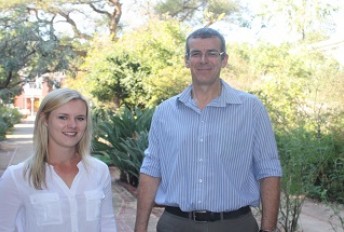
Posted on June 25, 2019
Scientists at the University of Pretoria (UP) and National Zoological Gardens of South Africa (NZG) predict that the arid western parts of southern Africa will lose much of its bird life by the end of the century as a result of climate change.
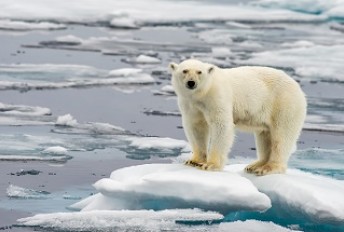
Posted on June 18, 2019
Wild spaces and the animals in them are disappearing at an alarming rate, according to the recent United Nations (UN) report on the extinction of species.
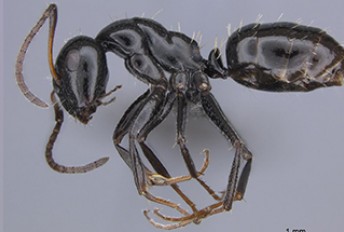
Posted on June 05, 2019
A University of Pretoria (UP) study on ants that inhabit various mountain sites across the world has found that if greenhouse gas emissions continue on the current trajectory, the planet faces major ecosystem changes.
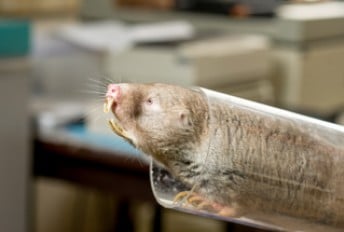
Posted on May 30, 2019
Three University of Pretoria (UP) scientists are part of a team whose research on African mole-rats has led to a discovery that may hold the key to pain management in humans.
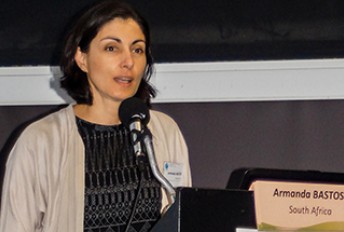
Posted on February 11, 2019
Two renowned researchers from the Department of Zoology and Entomology at the University of Pretoria, Professors Armanda Bastos and Marthán Bester, have been announced as fellows of the Royal Society of South Africa (RSSAf) for 2019. This brings the total number of RSSAf fellows from the...
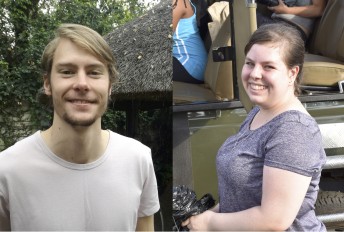
Posted on December 27, 2018
Postgraduate students from the Department of Zoology and Entomology excel in 2018 ESSA Young Entomologists' Essay Prize.
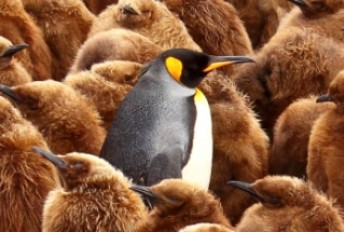
Posted on December 04, 2018
Dr Chris Oosthuizen of the University of Pretoria’s Department of Zoology and Entomology recently won the British Ecological Society’s annual photography competition, Capturing Ecology, which celebrates the diversity of ecology around the world.

Posted on October 26, 2018
Prof Christian Pirk, Head of the Social Insects Research Group in the Department of Zoology and Entomology at the University of Pretoria (UP), was recently named a top reviewer in Publons' global Peer Review Awards after having been placed among the top 1% of reviewers in Plant and Animal Science...
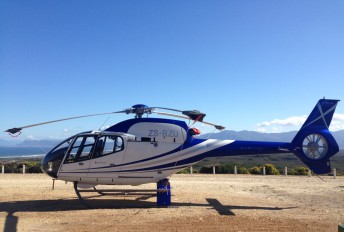
Posted on September 25, 2018
The 39th instalment of one of the longest running surveys of any marine mammal is about to start.
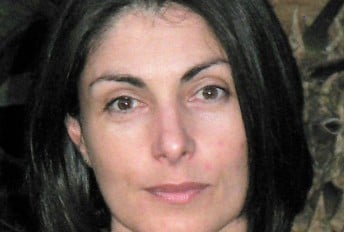
Posted on August 31, 2018
Prof Armanda Bastos has always cared for animal welfare, but it was probably her first field trip to the Kruger National Park as a veterinary researcher that inspired her most to dedicate her professional life to animal disease control research. As part of a research team, Prof Bastos was...
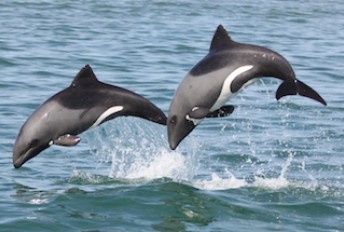
Posted on July 20, 2018
Research led by scientists at the University of Pretoria (UP) has shed light on an evolutionary arms race with a twist. This research, conducted by Morgan J. Martin, a PhD student from UP has found that the small Heaviside’s dolphins (Cephalorhynchus heavisidii) selectively switch between...
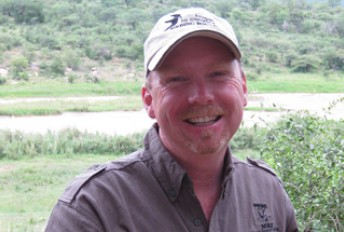
Posted on July 19, 2018
A study by a University of Pretoria researcher into the ablution habits of white rhinos in the Hluhluwe iMfolozi Game Reserve, KwaZulu-Natal, has revealed that these animals use their place of defecation to communicate with each other and take decisions that can affect their ecology.
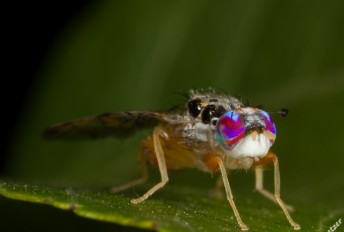
Posted on July 08, 2018
The Mediterranean fruit fly can evolve rapidly to different environmental conditions, this suggests it will be well suited to cope with climate change.
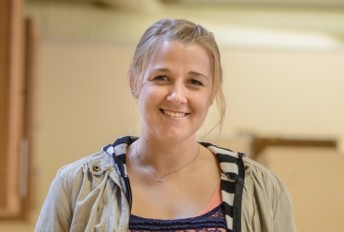
Posted on May 09, 2018
An increase in indigenous plant life does not sound like a bad thing, but when woody plants threaten to change savanna ecosystems (that cover approximately 13.5 million square kilometres of Africa alone), there is cause for concern.
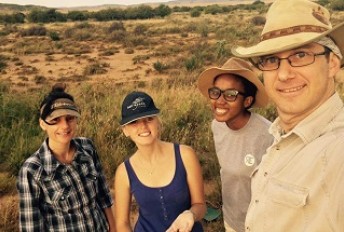
Posted on March 06, 2018
The Karoo stretches 400 000 square kilometres over the provinces of the Eastern, Northern and Western Cape. Its vast, open semi-desert landscapes offer a sense of escapism and nothingness, guaranteeing peace and tranquillity for anyone who visits.
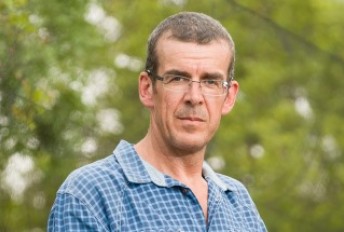
Posted on February 22, 2018
Prof Andrew McKechnie of the Department of Zoology and Entomology was recently awarded the South African Research Chair in Conservation Physiology. The Chair is hosted by the National Zoological Gardens of South Africa and co-hosted by the University of Pretoria (UP).
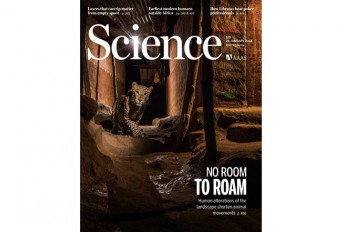
Posted on February 02, 2018
Mammals move shorter distance in human-modified landscapes, which may affect ecosystems and society.
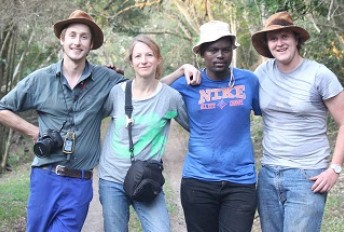
Posted on November 21, 2017
The University of Pretoria's Dr Pieter Olivier is part of an international collaboration whose work was recently published in Nature. The study highlights how biodiversity is changing as a result of deforestation.
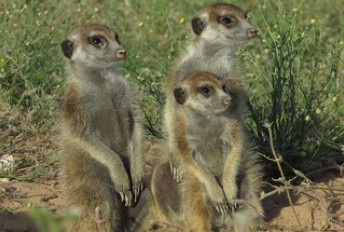
Posted on November 08, 2017
Researchers at the University of Pretoria form part of the Kalahari Meerkat Project in the Northern Cape's Kuruman River Reserve, which has studied groups of wild meerkats for over 20 years.
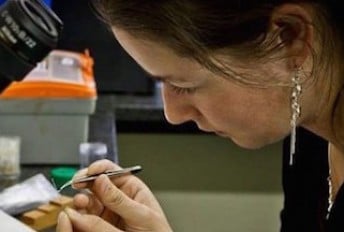
Posted on October 11, 2017
Entomologists at the University of Pretoria are assessing which flies are best for recycling organic waste.
Copyright © University of Pretoria 2025. All rights reserved.
Get Social With Us
Download the UP Mobile App